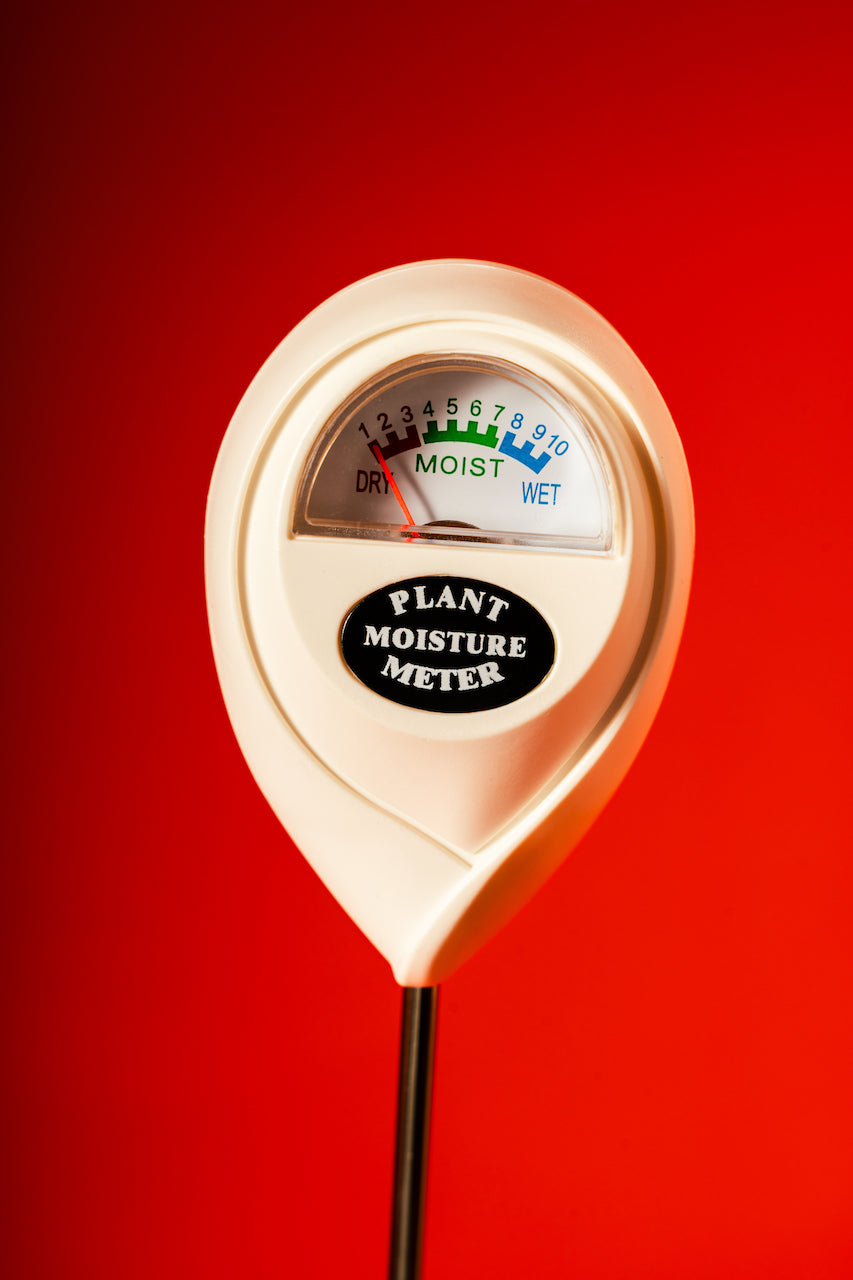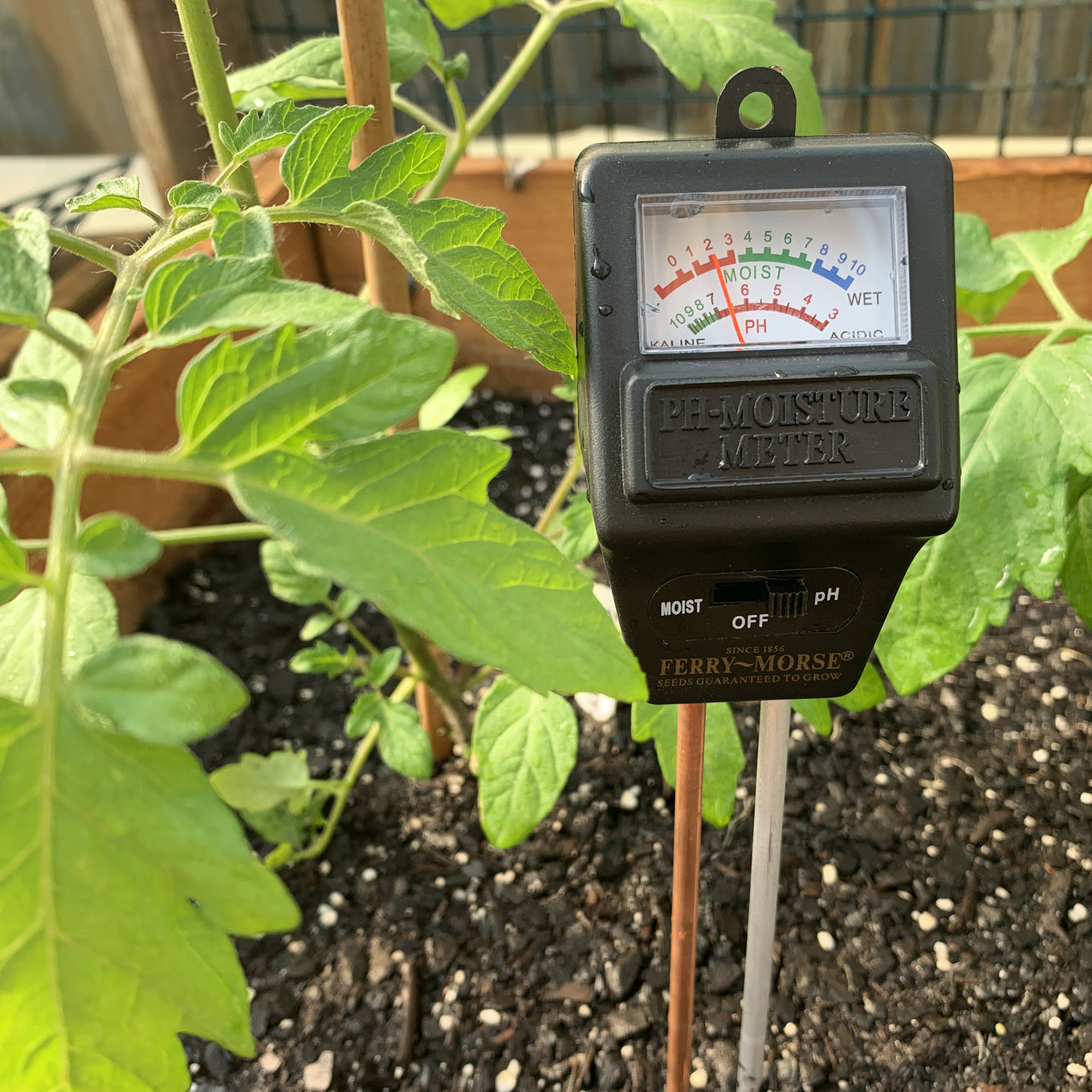Moisture Meter Reviews: Comparing the Best Models for Specialist and DIY Use
Moisture Meter Reviews: Comparing the Best Models for Specialist and DIY Use
Blog Article
The Ultimate Guide to Wetness Meters: A Comprehensive Introduction and Exactly How They Can Conserve You Cash
Dampness meters serve as essential devices in discovering and monitoring moisture material in materials, helping in protecting against costly problems and making certain the quality of items. Understanding the subtleties of various types of wetness meters, their applications, and the possible cost-saving benefits they use can be a game-changer for companies and specialists alike.
Kinds of Dampness Meters
One common type is the pin-type moisture meter, which measures the electrical resistance between two pins inserted right into a product. Pinless dampness meters, on the various other hand, use electro-magnetic sensing unit plates to scan a larger area without causing damages to the material's surface.

Infrared moisture meters determine the thermal residential or commercial properties of a product to identify its dampness content non-invasively, making them beneficial for applications where pin or pinless meters might not be appropriate. Recognizing the various types of moisture meters offered can help markets pick the most suitable device for their specific wetness dimension needs.

Benefits of Making Use Of Wetness Meters
Moisture meters offer vital advantages in precisely evaluating and keeping an eye on wetness levels in diverse products and settings. One of the key benefits of making use of wetness meters is the prevention of potential damages created by excess wetness.
Moreover, using dampness meters can lead to increased power performance. In farming setups, wetness meters play a crucial function in optimizing crop returns by making it possible for farmers to keep an eye on soil wetness degrees and make informed irrigation choices.
Just How to Select the Right Moisture Meter
When picking a dampness meter, it's vital to ensure that the meter is appropriate for the particular product you will certainly be screening. Various products have differing electrical homes that can affect wetness analyses, so selecting a meter designed for your material is critical for precise outcomes. By carefully evaluating these aspects, you can select a moisture meter that fulfills your demands and supplies exact moisture dimensions for your projects.
Correct Strategies for Dampness Meter Use

Cost Financial Savings Through Dampness Meter Applications
Just how can the tactical utilization of dampness meters cause significant price financial savings throughout various industries? Moisture meters play an essential role in expense savings by preventing prospective damage and making certain top quality control Resources in different sectors. In the farming industry, dampness meters help in establishing the optimal time for collecting crops, stopping excess or over-drying dampness that can impact the final product's high quality. This specific tracking aids farmers stay clear of unneeded losses and optimize their yield.
Similarly, in construction, wetness meters aid protect against pricey problems by detecting dampness degrees in structure products, such as wood or concrete, which can bring about architectural concerns otherwise addressed immediately. By identifying trouble locations early, service providers can take corrective actions to avoid considerable repairs or replacements, inevitably saving money and time.
Moreover, in the food handling industry, dampness meters are essential for keeping an eye on item quality and making sure compliance with security regulations. By accurately measuring moisture web content in food products, manufacturers can stop spoilage, maintain freshness, and minimize waste, causing significant expense savings. Generally, the critical great post to read application of moisture meters is a valuable investment that can result in considerable cost reductions and enhanced effectiveness throughout different markets.
Verdict
In final thought, dampness meters are useful tools for determining and spotting dampness levels in numerous materials. By making use of the best moisture meter and complying with proper strategies, users can properly stop costly damages created by excess wetness.
Dampness meters serve as indispensable devices in spotting and monitoring moisture material in products, helping in preventing expensive problems and guaranteeing the top quality of products. Infrared wetness meters gauge the thermal residential or commercial properties of a product to determine its wetness web content non-invasively, making them helpful for applications where pin or pinless meters might not be ideal.Moisture meters use invaluable advantages in properly examining and keeping an eye on dampness degrees in varied materials and settings. In agricultural setups, dampness meters play an important duty in maximizing crop yields by making it possible for farmers to monitor dirt dampness degrees and make educated irrigation decisions.In conclusion, wetness meters are useful devices for discovering and gauging moisture levels in various materials.
Report this page